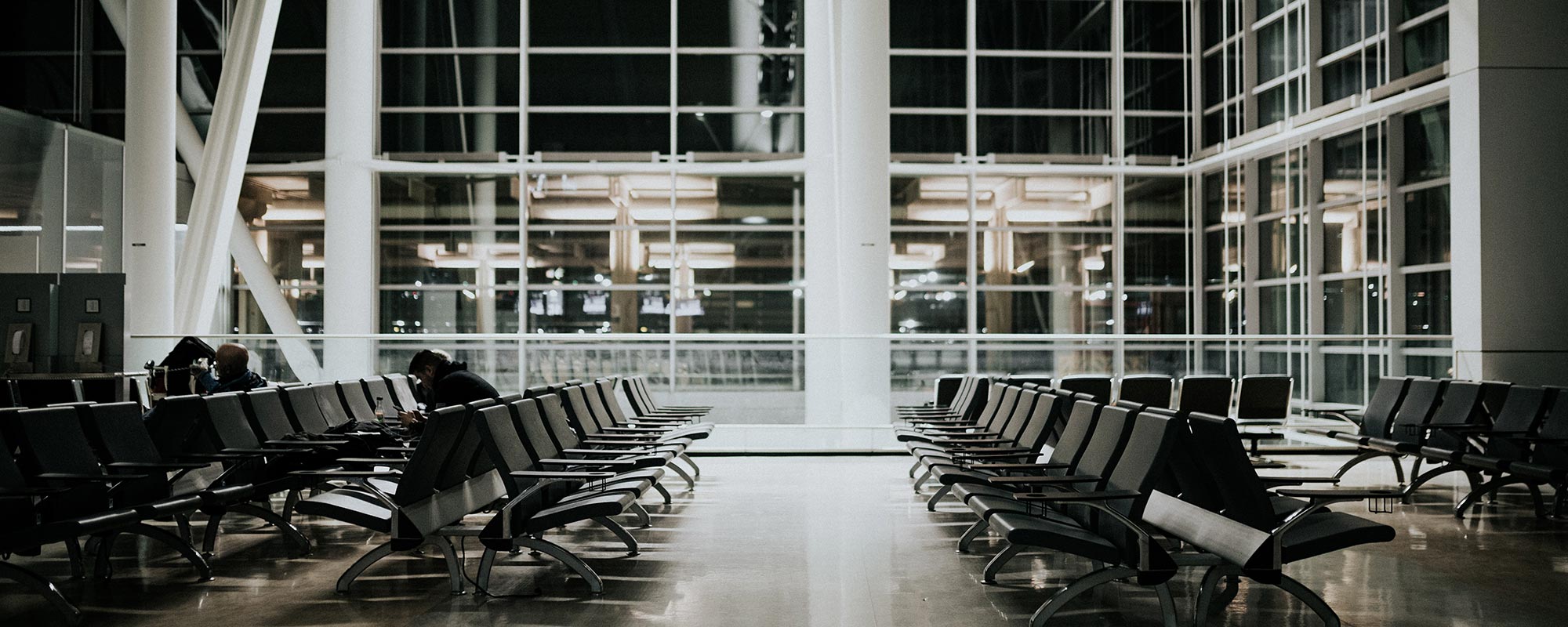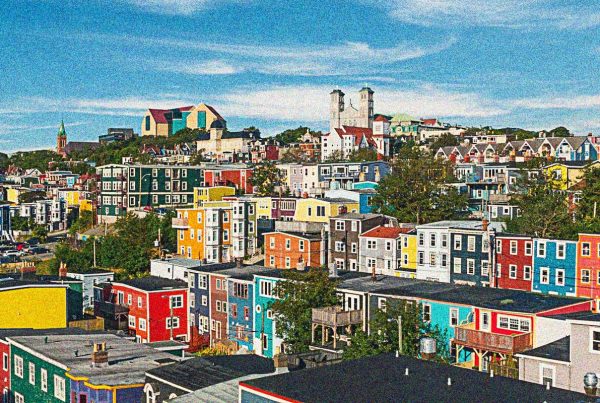Monday, 11 May 2020
Hon. Andrew Parsons
Attorney General – Department of Justice and Public Safety
Government of Newfoundland and Labrador
4th Floor, East Block – Confederation Building
St. John’s, NL A1B 4J6
Fax: (709) 729-0469
justice@gov.nl.ca
Re: Mobility Rights and Extraordinary Police Powers
Dear Mr. Attorney,
We are writing you about the recent decisions by your government in relation to the COVID-19 pandemic. The Special Measure and statutory amendments may deserve a n update and amendment, mindful of constitutional risks arising under both the Charter of Rights and the division of powers. As the superintendent of the rule of law in the province, we urge you to consider the following.
Pursuant to a Special Measure issued by the Chief Medical Officer of Health (Special Measures Order, Amendment No. 11) , you r government has purported to ban non-residents from entering the province, with limited exceptions. Under the guise of establishing mechanisms to enforce this ban, you r government introduced change s to the province’s Health Protection and Promotion Act which empowers police to conduct warrantless searches and the power to remove individuals – apparently residents and non-residents alike – from the jurisdiction. Notably, t hese steps were not taken at the outset of the pandemic, but instead have come to fruition seven weeks after the province initially declared a state of emergency, and despite the fact that the province’s number of active COVID-19 cases currently stands at 1 7 and , but for a small increase experienced on May 7, 2020, has been declining for a month.
Where necessary and proportionate, the current pandemic has required some temporary measures that limit the rights and freedoms of Canadians. Other provinces have managed to do this in a fashion consistent with the Canadian Charter of Rights and Freedoms — Canada’s supreme law applying throughout the country, always. Any measures taken that restrict the rights of Canadians must be both reasonable and demonstrably justified. As you know, this means that restrictions on rights must be based on evidence of necessity and proportionality ; fear and speculation are not sufficient.
Moreover, Canada ’s confederation has long enjoyed open borders and the free movement of people within it. Banning “outsiders” from exiting one province, to enter another, is likely not within any Province’s jurisdiction , under the Constitution Act, 1867.
Regarding mobility rights, pursuant to section 6(2) of the Charter , individuals may take up residence in any province and have the right to earn a livelihood in any province. The mobility rights of Canadians are sacrosanct; not even the notwithstanding clause in the Constitution Act, 1982 can oust their application. The only derogations from section 6 that are permitted are those that can be justified pursuant to section 1 of the Charter , namely those that are both reasonable, and demonstrably justified. In our view, the province’s travel ban is neither. Our hope is that your government will take steps to rescind the ban to avoid a court challenge.
On another front, t he changes made to extend police powers beyond their constitutional limits violate the right to be free from unreasonable search and seizure under s. 8 of the Charter , and the right to be free from arbitrary arrest and detention under s. 9 of the Charter. Section 50(1) of the Health Protection and Promotion Act on its face authorize s warrantless entry into any premises , contrary to well established constitutional jurisprudence.
Further, the fact that such warrantless entry appears to be open to “inspectors” under the Act and not “peace officers” is of little comfort since the definition of “inspector” can be expanded by simple Ministerial designation. In any event, section 28.1 of the Act can now be invoked to authorize peace officers to provide “necessary assistance” to ensure compliance with a measure taken by the Chief Medical Officer of Health. Notwithstanding s. 28(3), our view is that the statute does not clearly preclude the possibility that the Minister of Public Safety could authorize peace officers to enter a private home without a warrant under the “necessary assistance” provision contained in s. 28.1(1)(d). These statutory provision s simply miss the mar k, and require careful amendment.
The new provisions also authorize warrantless detention and the removal of individuals to a specified location including a point of entry – presumably referring to an airport or ferry terminal. In effect, the statute authorizes banishment, without due process, for an alleged contravention of public health orders. While we understand that the amendments to the statute were prompted in large part by the so-called “travel ban” set out in the Special Measures Order (Amendment No. 11), it is worth noting that nothing in the law limits the power of removal to non-residents. Further, the Province may have entered federal domain on this front. Exerting provincial power s to remove to “points of entry, ” pursuant to s. 91(13) of the Constitution Act, 1867, interferes with the federal jurisdiction over ferries between two provinces.
In our view, the se new measures that your government has put in place will not survive judicial review. Prior to instituting the travel ban, the province required all those entering to self-isolate for 14 days. There is no evidence demonstrating that this requirement was ineffective or insufficient. To the contrary, your province has managed to keep its COVID-19 numbers low , indicating that there is strong compliance with public health measures , including the requirement that visitors self-isolate. Instituting even more severe restrictions on mobility, and authorizing overbroad police powers – even in the name of public health and safety – would require evidence of necessity and proportionality that do not exist.
Although we understand that your government has offered an interpretation of the statute arguing that it is constitutional, the statute speak s for itself. I t’s the legislature that determines the content of laws , not your legal opinion. The simplest means of aligning your interpretation with the constitutional risk raised by the current statutory wording is to amend the law to make it more clearly within constitutional boundaries. You rs would not be the first Province to have to clarify its laws during the emergency management of COVID-19, and probably it won’t be the last.
We note that the Special Measures Order (Amendment No. 11) requires the Chief Medical Officer of Health to review the Order every five days. We urge you to undertake your quasi-judicial duties as chief legal officer to the Cabinet. We urge your Ministry to advise the Chief Medical Officer of the constitutional insufficiency of the Order , so as to rescind the travel ban. We further urge your government to introduce amendments to bring the Public Health Protection and Promotion Act into compliance with the Constitution.
None of the foregoing is to suggest that there is a one-size-fits-all solution to emergency management in Canada. It goes without saying that your province has particular consider actions unique to Newfoundland & Labrador. Each province and territory have adopted an emergency management approach that fits the particular public health and distinctive circumstances of the region. But all must do so within the confines of the Constitution.
The CCLA is an independent, non-profit NGO, standing up to power and defending freedom in Canada since 1964. We have appeared in courts across Canada hundreds of times, and have commenced litigation against governments during COVID-19 in other jurisdictions. We would be grateful for the opportunity to discuss all this with yourself or your officials, and would appreciate your attention on this important matter.
Yours truly,
Michael Bryant
Executive Director
Cara Zwibel
Fundamental Freedoms Program Director
About the Canadian Civil Liberties Association
The CCLA is an independent, non-profit organization with supporters from across the country. Founded in 1964, the CCLA is a national human rights organization committed to defending the rights, dignity, safety, and freedoms of all people in Canada.
For the Media
For further comments, please contact us at media@ccla.org.





